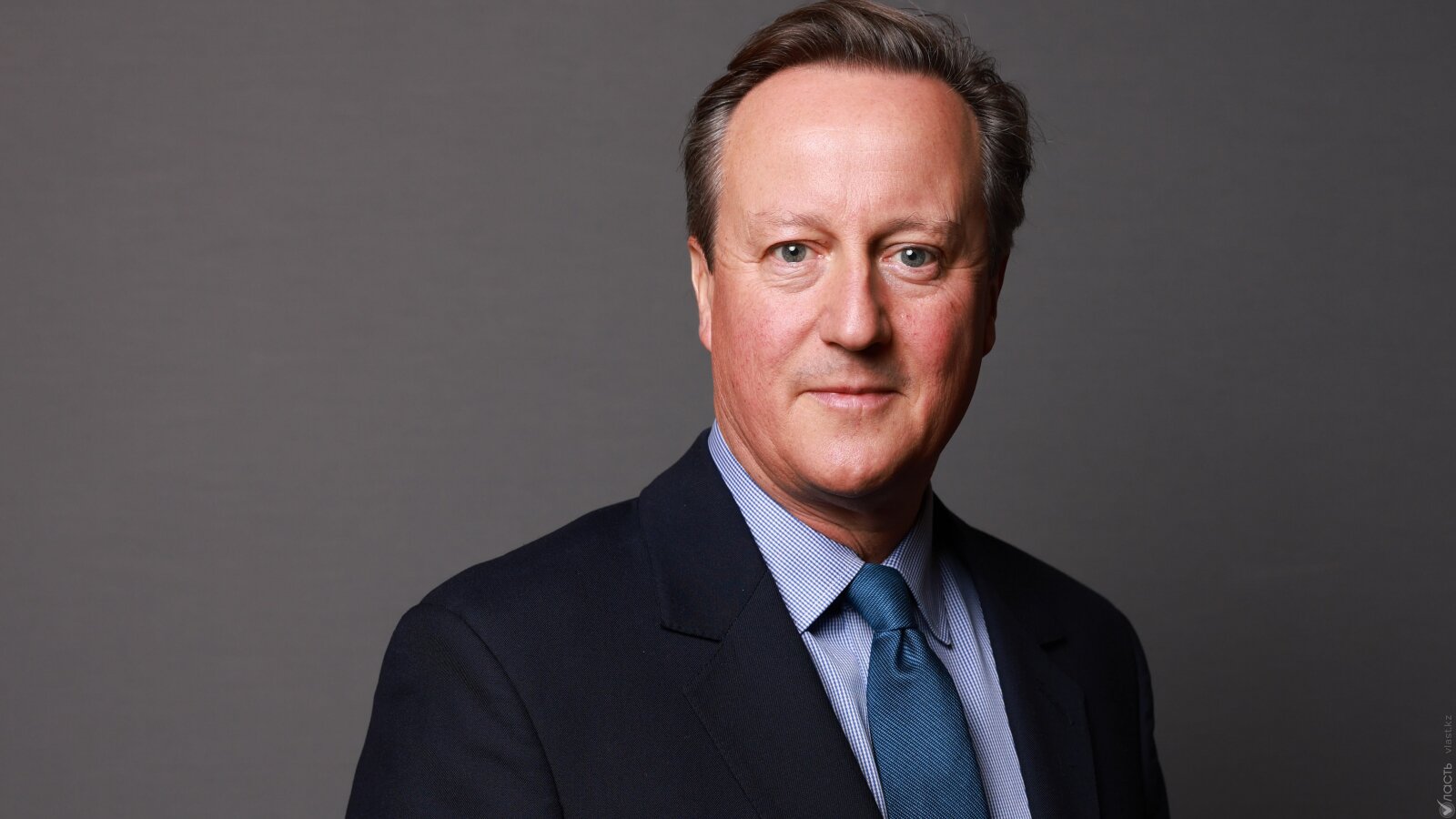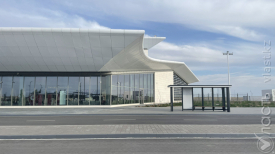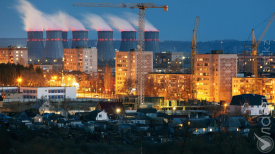- ВКонтакте
- РћРТвЂВВВВВВВВнокласснРСвЂВВВВВВВВРєРСвЂВВВВВВВВ
In 2013, I was the first British Prime Minister to visit Central Asia. In Astana and Atyrau in Kazakhstan, I was struck by how quickly this young nation with an ancient culture was transforming its economy and place in the world. And I committed to strengthening our partnership.
This week, I will become the first British Foreign Secretary to visit all five states of Central Asia and Mongolia – indeed, one of the few G7 ministers to make such a tour. These six nations have their own unique heritage and continue to undergo rapid change. They are proud independent states, who want their sovereignty protected and their borders respected. I want to build an even stronger partnership with each of them, to benefit us all.
Our partnership is already achieving a lot. English language, law and education are at the heart of successful institutions such as the Astana International Financial Centre and Westminster International University in Tashkent. Investment from firms like Rio Tinto, Shell and BAE have contributed to major projects, creating jobs and driving growth. We are helping to bring hydro-electric power from the mountains of Central Asia to Pakistan. In Ulaanbataar, a statue of The Beatles celebrates the fab four where young Mongolians gathered decades ago, first to discuss banned Western pop music, later to bring about a turn to democracy.
In the 1990s, perhaps the most memorable export from this region to reach Britain was Maksat, a Turkmen stallion kindly gifted to our then Prime Minister, who became a racing and show horse. Last year, tens of thousands of people from the region came to work in Britain under our expanded Seasonal Workers scheme. Air Astana, Uzbekistan Airways and Turkmenistan Airlines now offer several flights to London each week. And The Mongol Khan blew audiences away in London’s West End.
Now is the time for us to go further. We live in a contested, competitive world – if you want to protect and promote British interests, you need to get out there and compete. Such a world poses particular challenges for countries in this region. Meanwhile, scenes of heavy flooding in Kazakhstan and Mongolia – in stark contrast to the frequency of drought on the steppe in recent years – remind us of the increasing dangers of climate change. And global technological and economic change requires all of us to equip our young people with the right skills to prosper.
None of us can overcome these challenges alone. Like my hosts this week, Britain sees the value of diversifying its international partnerships.
This is why I am making this visit, and trebling our investment in development. So that, together, we can make our citizens safer and better off. I see three priority areas for taking our relations to a new level.
First, the global order. All of us are united in our belief in the core principles of the United Nations Charter and the Organisation of Security and Cooperation in Europe. Sovereignty. Territorial integrity. We must work together to stand up for these principles across the world. If we do not, we risk finding our own sovereignty and territorial integrity under threat.
Tackling corruption and ensuring the region is not a backdoor for sanctions circumvention is one practical example of how we can do more together. Likewise, we must strengthen our burgeoning security partnership, deepening our dialogue and expanding training with security forces. This helps us to counter the developing threat from IS-Khorasan (ISKP), whose appalling recent attack in Moscow Britain condemned in the strongest terms.
Second, economic ties. British firms played a major role in unlocking the potential of oil, gas and other natural resources in this region. Now Britain can help in accessing the investment and technology low-carbon, energy efficient economies need.
During my visit, I will establish Central Asia’s first SME private equity/venture capital fund to invest in high potential firms in the region. We want to support Central Asian firms. But there is an important role for British firms and expertise as well.
Take Concrete Canvas, a Welsh firm opening a factory in Bishkek to serve the whole region. Their concrete on a canvas roll is produced more cheaply, can be installed more easily, in a process completed more quickly, all while generating less CO2. Its transfer to the region will transform the repair of irrigation canals, saving much more of one of your most basic, but crucial, resources – water.
Or look at the example of the Astana International Financial Centre. By introducing international common law courts with independent English judges, it has attracted over a thousand businesses and successfully resolved over two thousand disputes in just a few years. Openness and the rule of law attract investment. I am delighted that others in the region are now interested in a similar model.
Third, education. We are doubling our funding for Chevening scholarships here, so more can experience our world-class universities in person. But we are also backing opportunities in the region itself.
Ten British providers currently offer UK degrees in Uzbekistan. In Kazakhstan, Coventry University is opening a new campus and Queen’s University Belfast are launching a new dual degree programme. Groups like British Council, Pearson and Cambridge Education are raising standards of English teaching – vital in Mongolia, for instance, where English is now the official second language.
Our goal is to improve the quality of education for all citizens, including women and girls. This is crucial to unlocking their potential – and thereby unlocking your societies’ full potential.
I am looking forward to discussing all three of these areas with President Tokayev and Foreign Minister Nurtleu. I am excited to be visiting Kazakhstan, having an opportunity to meet some of its brilliant young people, and getting a glimpse of the innovative architecture of Astana. There are huge opportunities before us. We must seize them, together.
David Cameron, Foreign Secretary of the United Kingdom
Поддержите журналистику, которой доверяют.








